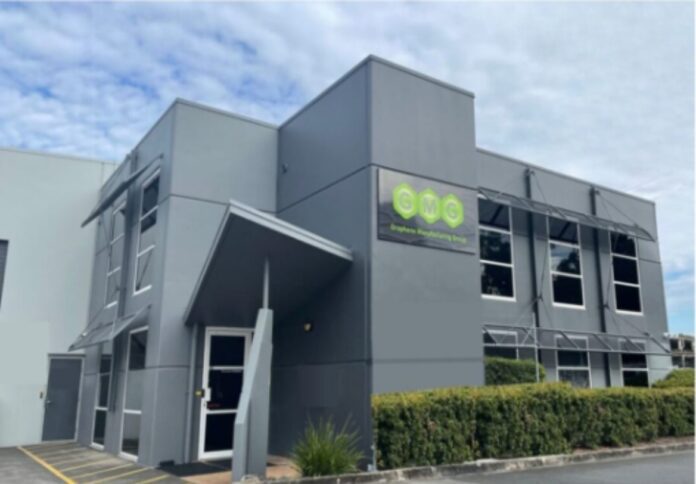
Graphene Manufacturing Group announced the receipt of regulatory and local council approvals to manufacture batteries at a commercial scale for its existing Richlands site in Brisbane, Australia.
To date, the Australia-based clean-tech firm said it has been following research and development regulatory approval to create prototype battery cells.
Moreover, because of prior council approvals, GMG is capable of manufacturing its graphene at the said location.
The regulatory approvals are an important step in GMG’s consideration of an appropriate juncture to build and operate a battery production plant at its headquarters at Richlands, the company said in a press release.
For that purpose, GMG said it continues to expand its battery development program including the development, engineering, designing, and testing of battery prototype components to achieve user-required performance data for coin cell or pouch cell battery potential.
To enable the creation of prototypes using a semi- or fully-automated process, the company seeks to enhance design engineering and production testing of manufacturing systems.
Priorities also include completing the full examination of the current building’s constraints and making sure the existing warehouse and electricity supply are sufficient for the final plant design.
GMG is further advancing its roadmap with the delivery of the Graphene Expansion Project and review of further expansion projects as required.
Full battery prototype trial and quality assurance to international standards, regulations and approvals where required are also key points for the company.
Craig Nicol, GMG’s managing director and CEO, said the approval is another milestone in the maturation of the company.
“This allows GMG to take its battery development roadmap further with reassurance that government approvals have been granted to build and operate a plant at our existing location,” Mr Nicol noted.
The milestone fits with four crucial business goals for the company namely the improvement of graphene production, revenue building for energy-saving products, development of next-generation batteries, and supply chain development.



















